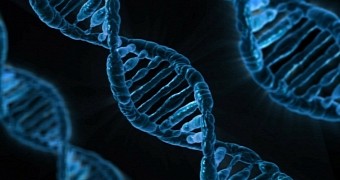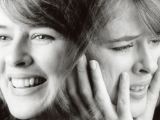How much a person sleeps or doesn't sleep at night does not depend solely on how tired they might be but also on their genes, researchers argue in a paper published in the journal Molecular Psychiatry this past December 2.
Thus, researchers say that, having analyzed the genetic makeup and the sleeping patterns of 47,000 folks of European ancestry and 5,000 African-Americans, they found a link between their DNA and their sleeping habits.
Specifically, it appears that two distinct regions of the human DNA correlate with how much time an individual is likely to spend sleeping on a daily basis, the scientists write in the journal Molecular Psychiatry.
As detailed by Live Science, the first of these two DNA regions appears to correlate with sleeping a wee more than what is considered the average for an adult. The other region was linked to less sleep.
Previous investigations have shown that the DNA region now argued to cause people to sleep more than expected need also be associated with a lower risk to develop ADHD (attention deficit hyperactivity disorder) and a more efficient glucose metabolism.
On the other hand, the region linked to less sleep has previously been associated with a higher risk to develop mental health issues such as depression and schizophrenia.
Now that they have established a link between these DNA regions and sleeping patterns, the scientists behind this investigation wish to focus on using this information to better understand and maybe even treat conditions like insomnia.
“This study is one of the first to begin identifying these genetic differences, and will hopefully help us better understand the causes of sleep disorders and their relation to other important conditions, such as diabetes and psychiatric disorders,” explains Dr. Daniel Gottlieb.

 14 DAY TRIAL //
14 DAY TRIAL // 



